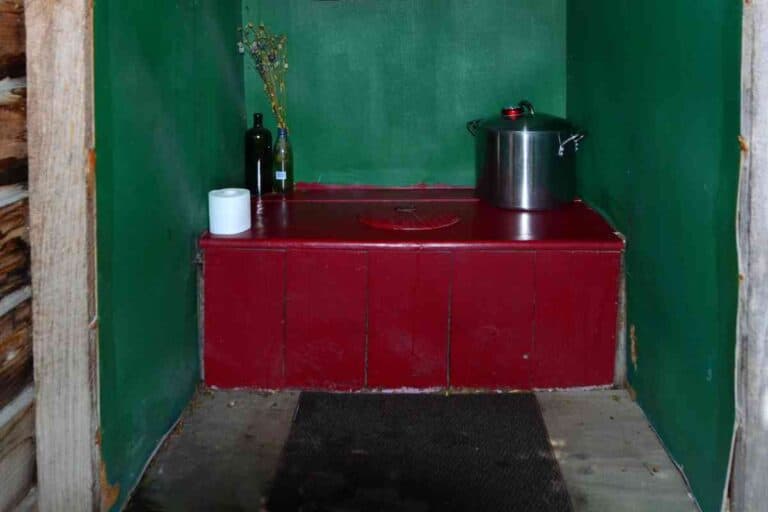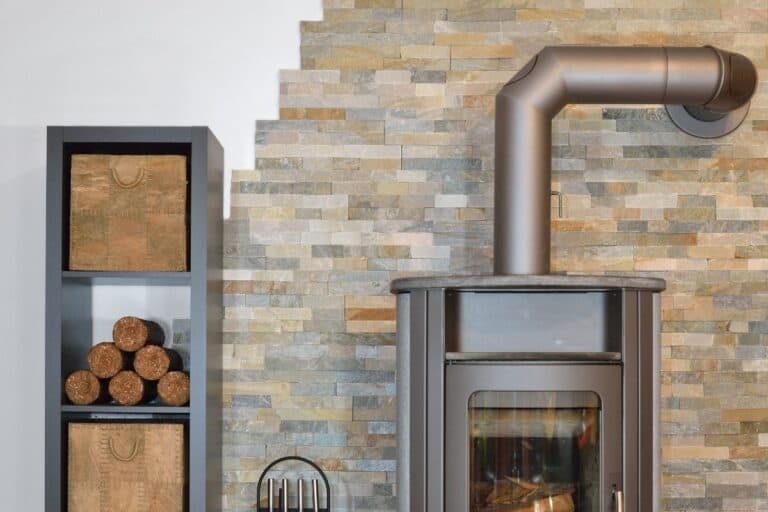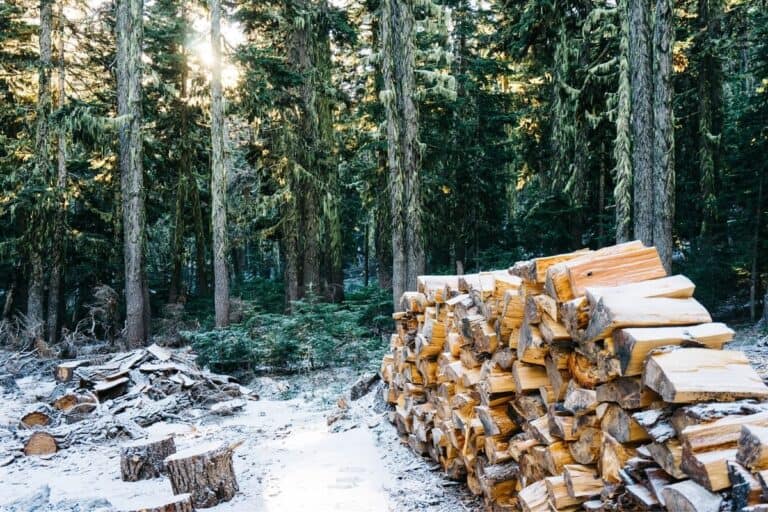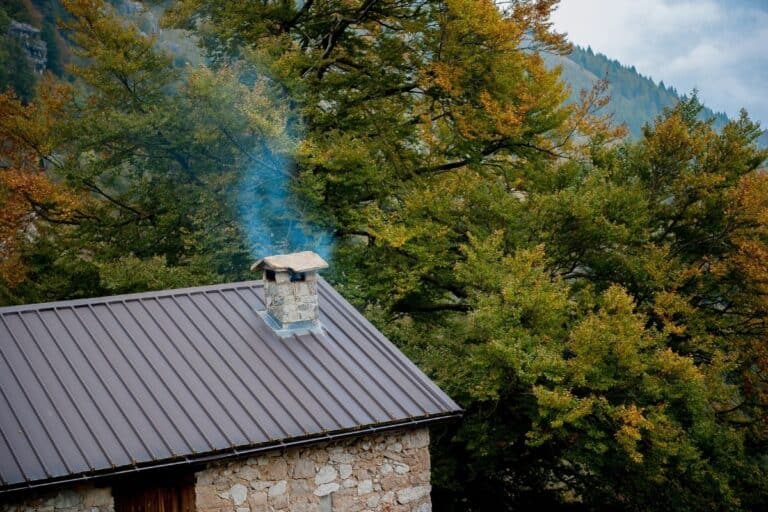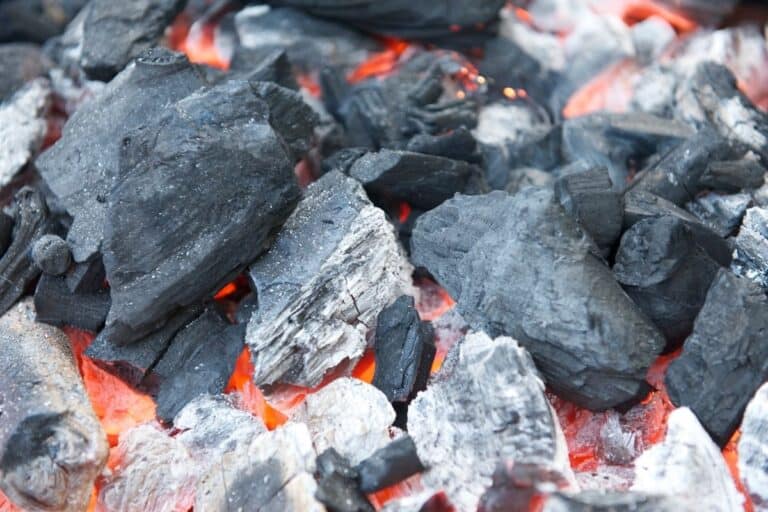What is The Best Climate for Off-grid Living?
Living off-grid has become increasingly popular these days, perhaps partly thanks to the stressful lifestyle of urban life. However, while many experienced off-grid residents would already know how to pick their best spots to live off-grid, the same cannot be said for anyone hoping to kick start this new life. So, what is the best climate for an off-grid life?
Unfortunately, there is no clear answer to this except that it depends on what you’re most comfortable with. If you’re a fan of the hot weather, then perhaps a tropical climate would work for you best. Remember that living off-grid also means you must source for your own food, water, and power supply, so you’ll want to pick a climate that’s ideal for your lifestyle.
Where to Live Off-grid When You’re Starting?
While living off-grid can sound like a fun experience, it’s important to know where you pick to start afresh can affect your way of living. Living off-grid also means you must get used to being independent: mostly growing your own food, sourcing for water, and getting power to run your appliances – if any.
Subsequently, picking an area with a climate you’re most comfortable with is also key to ensuring you can live off-grid comfortably. Imagine moving from a hot and dry climate to a cold, wintery state. Not only can this be a cause for culture shock, but your body may also find it difficult to adapt to such changes.
Below, we’ll share with you some of the ups and downs of living off-grid in a variety of climates, so you’ll get a quick idea of which works best for you. Do remember that there may also be other factors that could affect where you’ll start your off-grid living, including whether it’s legal in the state of your choice.
If you’re moving with your family, you’ll also want to ensure they can get access to schools or clinics in case of emergencies.
The Pros and Cons of Living Off-grid in a Tropical Climate
Moving to a tropical climate for an off-grid lifestyle is one of the top choices for many people. This is as you typically have 2 different seasons – wet and dry, and the temperature shift does not vary too much across the year.
Areas with a tropical climate are mostly green and fertile, which is perfect when looking to produce your own crops. If you are looking for a place to grow lots of exotic fruits and vegetables, living in a tropical climate is the ideal spot for you.
However, humidity in the tropics can be a big issue. This creates challenges like rotting building materials or molds in clothes and your other belongings. You may also frequently feel sweaty and sticky, as it can get difficult for sweat and water to evaporate.
The wet seasons in a tropical climate typically bring forth heavy rains, and this could hinder the way you grow crops, causing food sourcing problems. Pesky insects like mosquitoes and bugs are also common in tropical climates, so it can be annoying if you’re not used to warding these insects away.
Tropical climates are also highly vulnerable to natural disasters, with frequent cases of deadly tsunamis and hurricanes hitting certain areas of the tropics. For families with young children, and could be a cause for worry as you’ll never know when disaster can strike and endanger your livelihood in a tropical climate.
What to Know about Living Off-grid in a Dry Climate
If you’re not keen on living in a humid area, then a dry climate would be suitable for your off-grid living. With its abundance of sunshine year-round, you’ll be able to harvest solar power to run your electrical appliances where necessary. Dry climates also make the ideal off-grid living if you’re not comfortable in cold weather.
Unfortunately, dry climates make it difficult for you to grow crops for food in an off-grid living experience. This is as the soil is typically too dry for your crops to flourish, while water sources to nourish your plants can be scarce. As such, you’ll have to look at further alternatives for food.
Subsequently, you’ll also find it considerably hard to get water in dry climates. Thus, it could be difficult to find water to drink or use unless you drill for your own well. This could add up to a hefty cost and take up much of your time, so it’s something you’ll have to consider before deciding to move to a dry climate for off-grid living.
Read also: Pros and Cons of Living in a Desert.
The Advantages and Disadvantages of Living Off-grid in a Temperate Climate
Temperate climates are a great spot for off-grid residents. This is as these zones typically offer long, humid summers and aren’t too cold come the short winters. Despite this, it doesn’t mean that you won’t be getting any rain in temperate climates. Instead, short rainfalls and snow can even be seen in certain states.
You’ll also find areas with temperate climates to be decent for crop growing. This resolves your issue for food, while water sources typically come from collecting rainwater for use. While you may have to invest in a water filtration system to make it safe for consumption or cleaning, it is still considerably cheaper than digging a well for water.
Do note that while it sounds great to live in a temperate climate, you can be vulnerable to some agricultural challenges. This is as while you do have long summers, the temperature may not be ideal for certain agricultural activities such as planting and harvesting rice.
Why You Should (or Shouldn’t) Live Off-grid in a Continental Climate
Continental climates are typically characterized as areas that feature harsh and cold winters with limited sunshine. It’s a beautiful climate to live away from the hustle and bustle of regular cityscapes, making it a top pick for anyone hoping to live off-grid in a completely different lifestyle.
Continental climates also often feature community off-grid living, so you won’t feel lonely wherever you choose to settle down. This means you’ll have to work together to forage for food, but you’ll often to bound to choices like fishing or going out to other areas to purchase fresh crops.
Unfortunately, the cold weather of continental climates also results in the need for more insulation work in your homes. This could add to your heating costs or use more power from your power sources. Solar power and wind turbines are often used in continental climates for power harvesting when living in a continental climate.
Should You Live Off-grid in a Polar Climate?
Although most uncommon, you may even consider moving to a polar climate for off-grid living. Polar climates typically boast harsh, cold weathers – with temperatures often dipping below 50°F. If you’re keen to push yourself to the challenge, living off-grid in polar climates could be for you.
Do note, however, that it could be difficult to get power in polar climates. Because of its year-round cold weather, planting crops for food is also near impossible. As such, you may have to rely heavily on hunting, fishing, and animal husbandry.
Despite this, a polar climate can boast a peaceful off-grid experience but isn’t well recommended for most people as it can gen very lonely.

